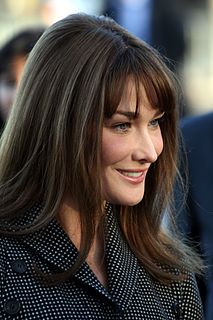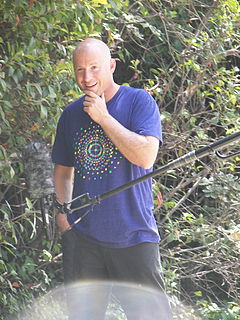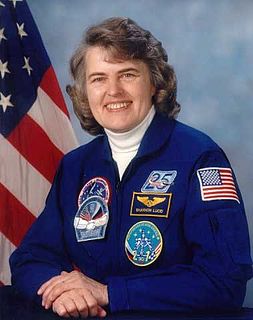A Quote by Robert M. Sapolsky
For example, most mammals are either monogamous or polygamous. But as every poet or divorce attorney will tell you, humans are confused - After all, we have monogamy, polygamy, polyandry, celibacy, and so on. In terms of the most unique thing we do socially, my vote goes to something we invented alongside cities - we have lots of anonymous interactions and interactions with strangers. That has shaped us enormously.
Related Quotes
We invented marriage. Couples invented marriage. We also invented divorce,mind you. And we invented infidelity,too, as well as romantic misery. In fact we invented the whole sloppy mess of love and intimacy and aversion and euphoria and failure. But most importantly of all, most subversively of all, most stubbornly of all, we invented privacy.
My view of ethics and of its priority is connected to my view that we are fundamentally relational beings - both the product of human interactions, as well as committed as part of the expression of our own humanity to various social involvements. I see ethics as having two places in the maintenance of these relational activities - first as providing the basic coinage of our interactions qua humans and second as mediating the various roles we assume as humans.





































